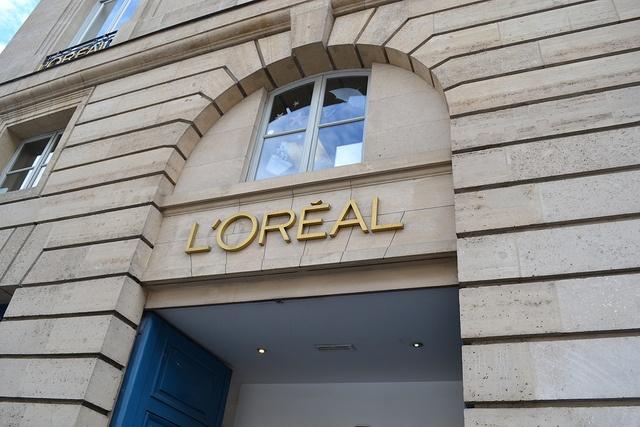
L’Oreal USA, the largest subsidiary of the L’Oreal Group, reduced carbon emissions by 57 percent last year.
The company's 2014 Progress report, titled Sharing Beauty With All, attributes the reduction to projects put in place last year to cut carbon impact. One of those projects is a new biomass power plant in its Burgos, Spain, factory.
The L’Oreal Group sets lofty 2020 targets in the report that work toward its main goal: ensuring 100 percent of its products have a positive environmental or social benefit. The company is well on its way to meeting that goal, as the report reveals.
Here is an overview of the L'Oreal Group's progress:
- 67 percent of new products that have been screened have either an improved environmental or social profile
- 46 percent of new or renovated products have a new formula using renewable raw materials that are sustainably sourced or raw material from green chemistry
- 54 percent of new or renovated products have an improved environmental profile
- 17 percent of new or renovated products have an improved social profile
Other 2020 targets are also ambitious. For example, the company aims to reduce carbon emissions at its plants and distribution centers by 60 percent in absolute terms. By the end of 2014, the company achieved a 50 percent reduction. There is a 60 percent water usage reduction goal, and last year the L’Oreal Group achieved a 36 percent reduction. The loftiest goal of all is sending zero waste to landfill, and it’s a goal the company has nearly met. Only 3.8 percent of waste generated bu the company last year was sent to landfills.
“These results show that we can deliver significant and tangible results if we put sustainable development at the center of the Group strategy, as we have been doing with determination for several years. Companies have an important role to play in society, and L'Oréal intends to make a significant contribution,” Jean-Paul Agon, chairman and CEO of L’Oréal, said in a statement.
Sourcing sustainably-derived palm oil
Sourcing sustainably-derived materials is a focus of the L’Oreal Group. Palm oil is one of those materials. While the company uses little palm oil, it does use derivatives, equaling 0.40 percent of the global production of palm kernel oil and 0.50 percent of total palm oil production.
Although it only uses a a small amount of palm oil, by 2012 its entire palm oil supply met Roundtable on Sustainable Palm Oil (RSPO) standards. All of its direct palm oil purchases since 2010 have been RSPO certified, and since 2012 all of its palm oil derivatives purchases have been RSPO certified. By 2015, all of the palm oil, palm oil derivatives and palm kernel oil derivatives sourced will come from known and traced sources.
Increasing renewable energy while reducing waste
The L’Oreal Group “is continuing to expand and enhance its strategy of increasing renewable energy,” the report states. The renewable energy projects either completed or underway range from biomass, solar photovoltaic and trigeneration. Five of the company’s plants and one distribution center either have already reached or will reach carbon footprint neutrality in 2015.
Reducing waste is another focus of the L’Oreal Group, including reducing transport packaging-related waste. Between 2013 and 2014, L’Oreal plants reduced transport packaging waste by about 3,000 tons. The key drivers to the reductions are introducing returnable packaging for plant deliveries and standardizing pallets to limit wood waste.
Image credit: Flickr/McKrista1976

Gina-Marie is a freelance writer and journalist armed with a degree in journalism, and a passion for social justice, including the environment and sustainability. She writes for various websites, and has made the 75+ Environmentalists to Follow list by Mashable.com.














